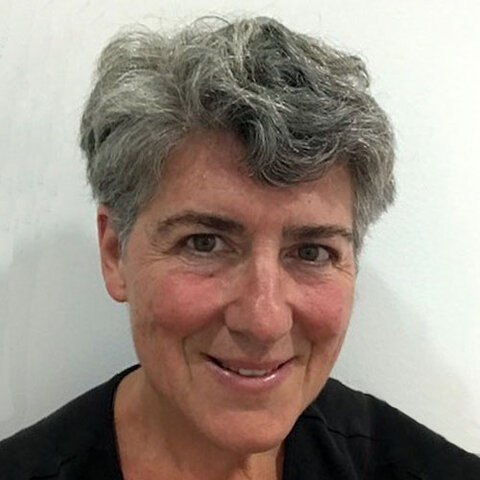Qualitative Open Mic: Making Interpretations Episode 1 - Shira Birnbaum on supporting the interpretive process

In this series we are exploring the art of interpreting qualitative health data, sharing insights achieving conceptual depth with different types of data and methods, integrating qualitative findings with quantitative data, and integrating lived experience in interpretation.
In this episode:
This episode explores the role of supervisors and mentors in furnishing the interpretative processes. How can they support novice and more experienced qualitative researchers in making interpretations? What training and reading might they provide to prepare them and what does supervision look like at this stage in the analytical process? Finally, how can the wider context be shaped in a way that is conducive to making interpretations?
Shira Birnbaum is an associate professor in the School of Nursing at Rutgers University. She is an ethnographer, educational theorist, editor, and psychiatric nurse. She is the author of three academic books and multiple scholarly papers in the areas of child development, education, and mental health nursing. Her first book, Law and Order and School (Temple University Press, 2001) was an ethnography of interpersonal dynamics in an educational program for justice-involved teenagers. It was named a Chicago Humanities Festival “Good Read” in 2004. Her second book, Therapeutic Communication in Mental Health Nursing: Aesthetic and Metaphoric Processes in the Engagement with Challenging Patients (Routledge, 2017), was a series of case studies examining phenomenological aspects of nursing communication with psychiatric inpatients. Drawing from conceptual traditions in philosophy, cognitive linguistics, psychoanalysis and the arts, it was awarded AJN Book of the Year in 2017.
Her third and most recent book, Trauma and Resilience in Holocaust Memoir (published in 2020 and re-released in paperback in 2022), was an exploration of the politics of memory. A narrative analysis of the memoirs of child survivors of World War II, it examined trauma and resilience through the perspective of socio-ecological and neuro-developmental theory. Dr. Birnbaum has also published papers on the social determinants of health and the social construction of race and gender in education and clinical practice. She has lectured widely on pedagogy in qualitative research methods, focusing particularly on the question of how nurses acquire interpretive depth in the practice of qualitative inquiry.
Listen below, or on Spotify or Apple Podcasts.